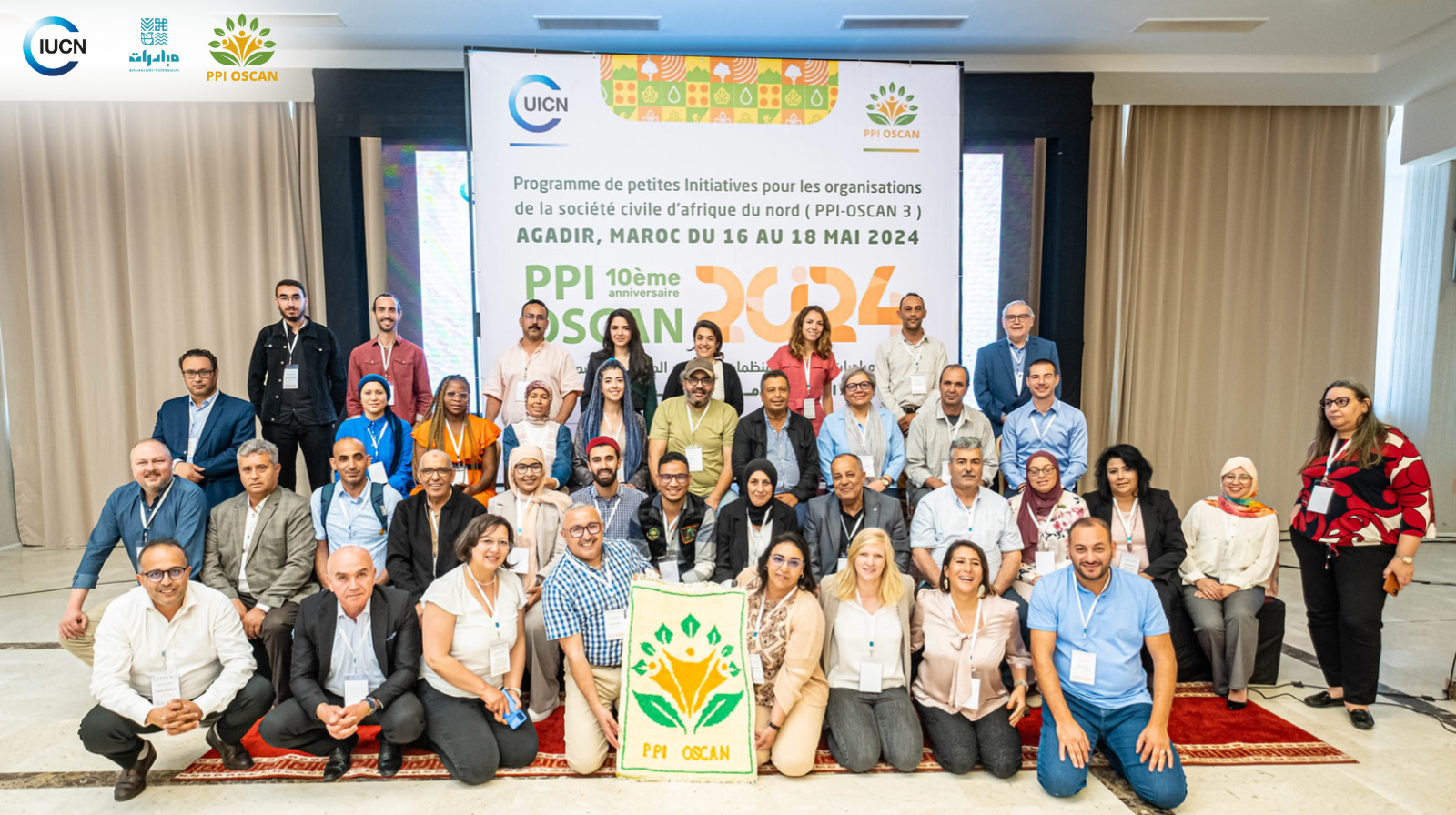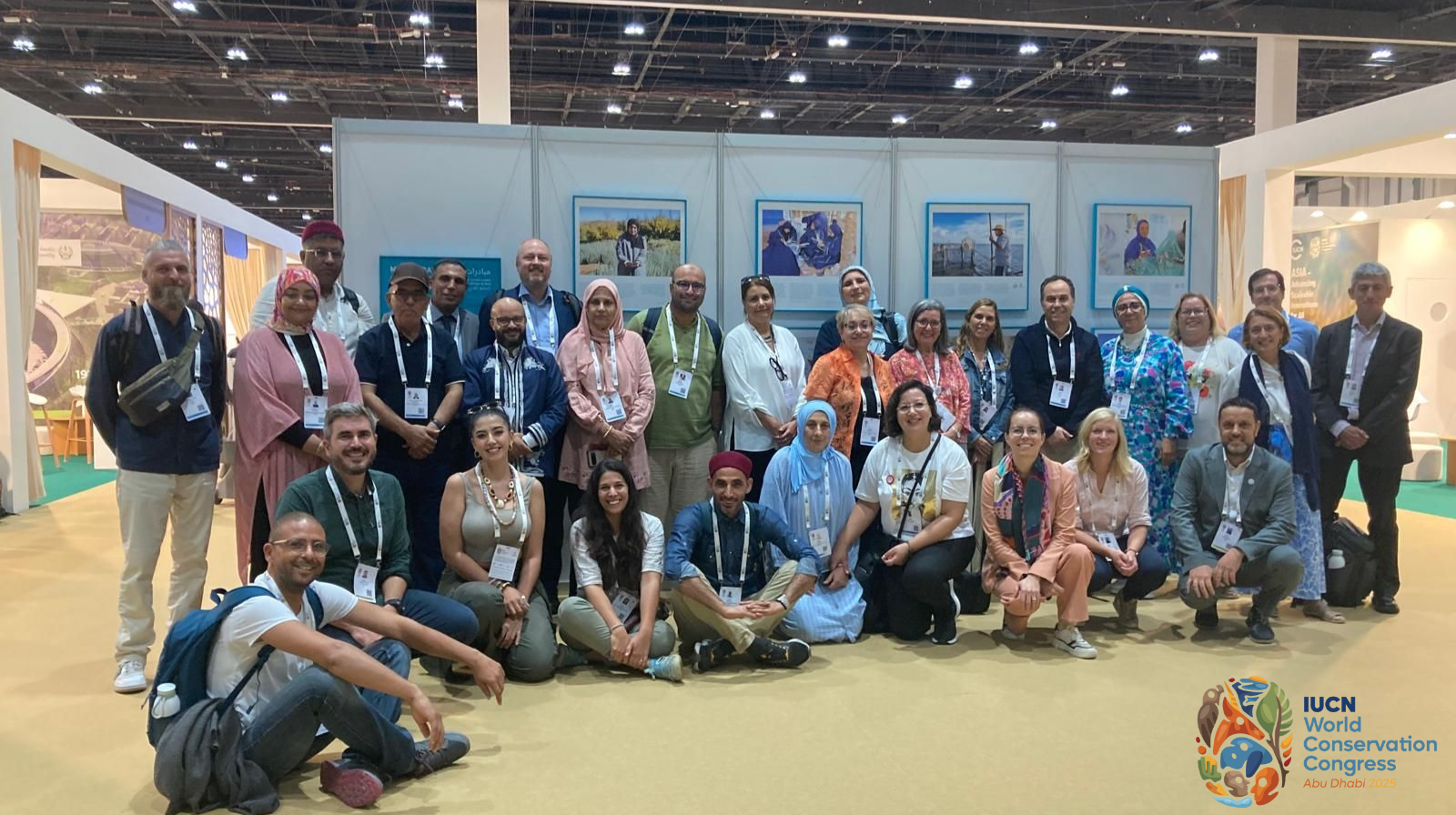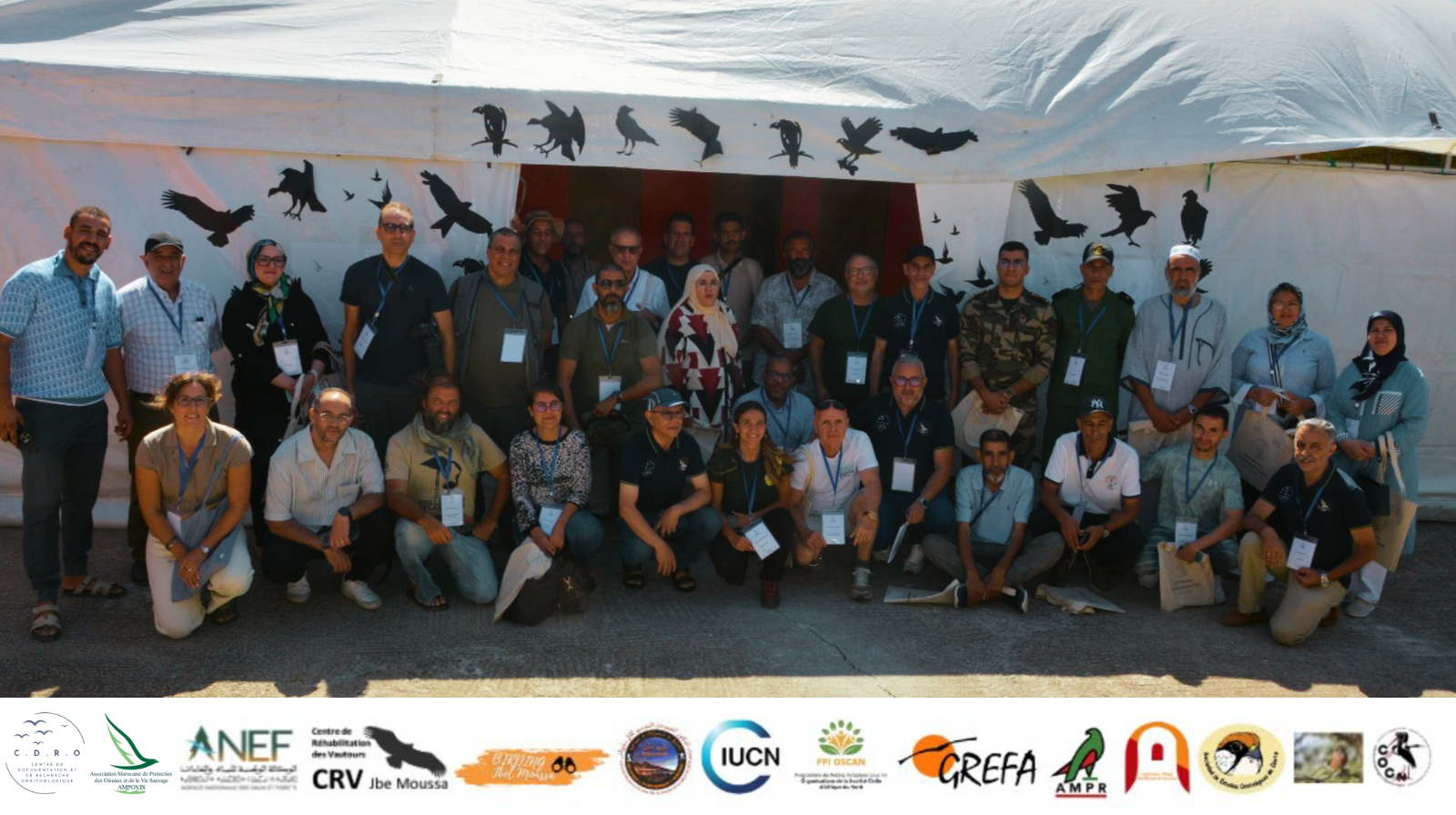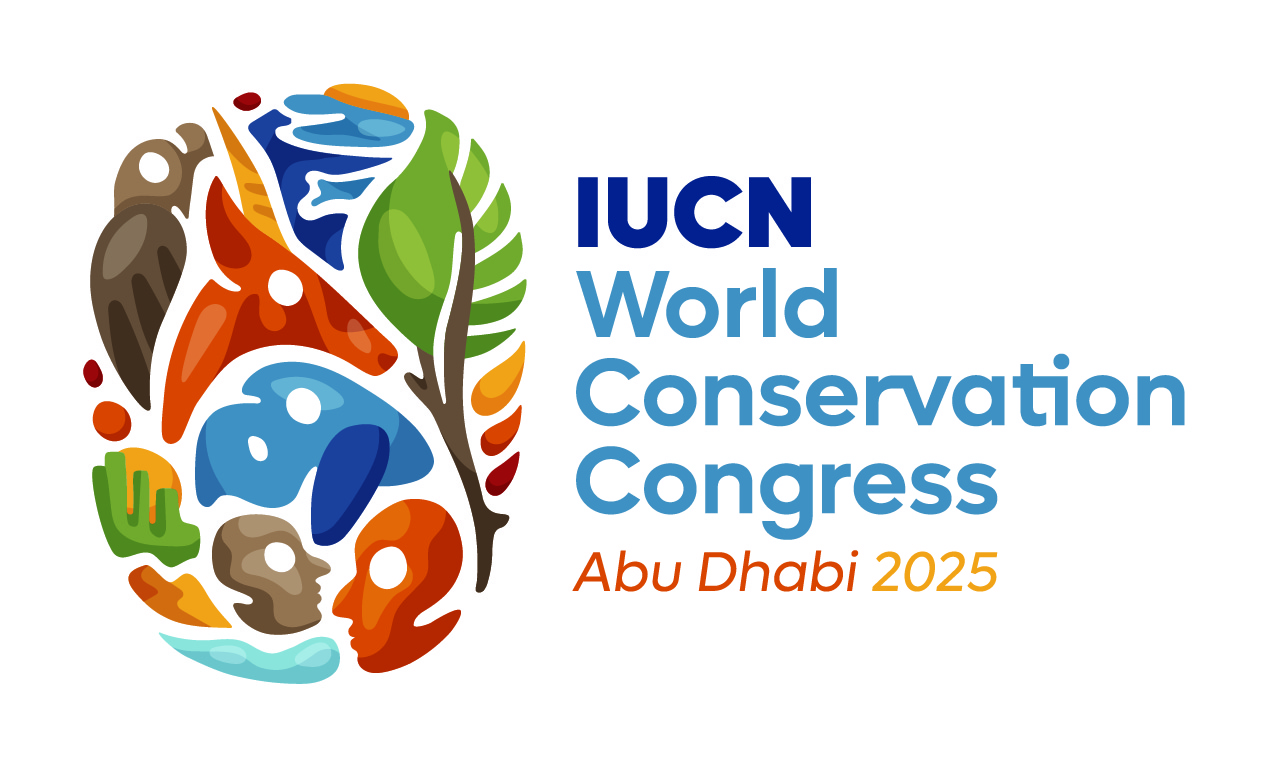From 23 to 25 September 2025, Zaragoza hosted the second of a series of six training courses for civil society organizations (CSOs), organised under Mubadarat, the IUCN Med platform for support to civil society in the Mediterranean, in cooperation with the Spanish Agency for International Cooperation for Development (AECID).
This cycle aims to equip CSOs so that they can design and implement field projects in cooperation with local actors. After a first module on sustainable tourism, this second workshop was devoted to food systems and agriculture, a key sector for food security and resilience of Mediterranean ecosystems.
A multi-stakeholder workshop to equip civil society
The event brought together 33 participants: 18 CSOs from six Mediterranean countries (Algeria, Egypt, Morocco, Lebanon, Libya, Tunisia), institutional representatives (Morocco’s National Agency for Water and Forests, Tunisia’s Ministry of Environment), and international partners, including IUCN Med, AECID, MEDAE, CITA and CIHEAM Zaragoza.

Day 1 – Principles and Tools for Sustainable Agriculture
After the welcome remarks from representatives of AECID, IUCN Med, and CIHEAM Zaragoza, the first day explored the role of Nature-based Solutions (NbS) in agriculture, with a presentation of the IUCN Global Standard and its self-assessment tool. Water, a major challenge for the Mediterranean, was then addressed from the perspective of integrated and sustainable management.
Participants applied these concepts in a group exercise before being introduced to a soil health monitoring framework – an essential tool for guiding the agroecological transition.
Day 2 – Value Chains and Experiential Learning
The morning focused on analyzing how to strengthen value chains to support resilient livelihoods. On this occasion, the MEDAE network – Mediterranean Multi-Actor Network on Agroecology was presented as a collaborative and exchange platform for agroecology stakeholders in the Mediterranean. Participating CSOs explored how to join and benefit from this community to strengthen their own projects.
In the afternoon, field visits – to the CITA Botanical Garden, the experimental farm at Perdiguera, and an organic producer in Épila – showcased how sustainable farming practices, particularly agroecology, provide concrete responses to today’s challenges faced by farmers, such as climate change, weed proliferation, or pest resistance.
Day 3 – Project Development and Social Inclusion
On the final day, participants worked on turning their ideas into well-structured projects designed to meet the requirements of calls for proposals. They explored how to integrate strong value chains, gender and youth inclusion, and stakeholder mapping into their project design. The emphasis was on participatory, results-oriented approaches, leading to concrete, well-structured and impactful proposals directly applicable with local communities.

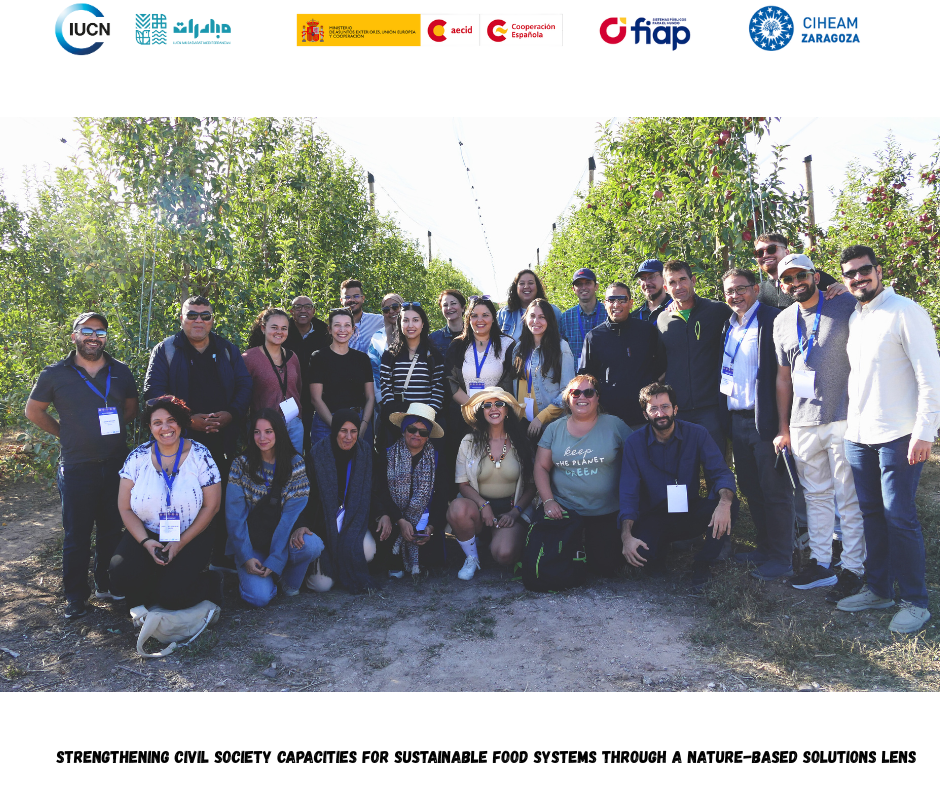
Over the course of three days, this training combined theoretical concepts, practical learning, and application through project design. It demonstrated how CSOs, through Mubadarat, are becoming catalysts of the agroecological transition, by spreading concrete solutions to farmers and the communities they support.
Beyond capacity building, the workshop highlighted the synergy between Mubadarat and MEDAE: two complementary dynamics equipping civil society and promoting sustainable food systems that ensure food security, biodiversity, and resilient livelihoods in the Mediterranean.
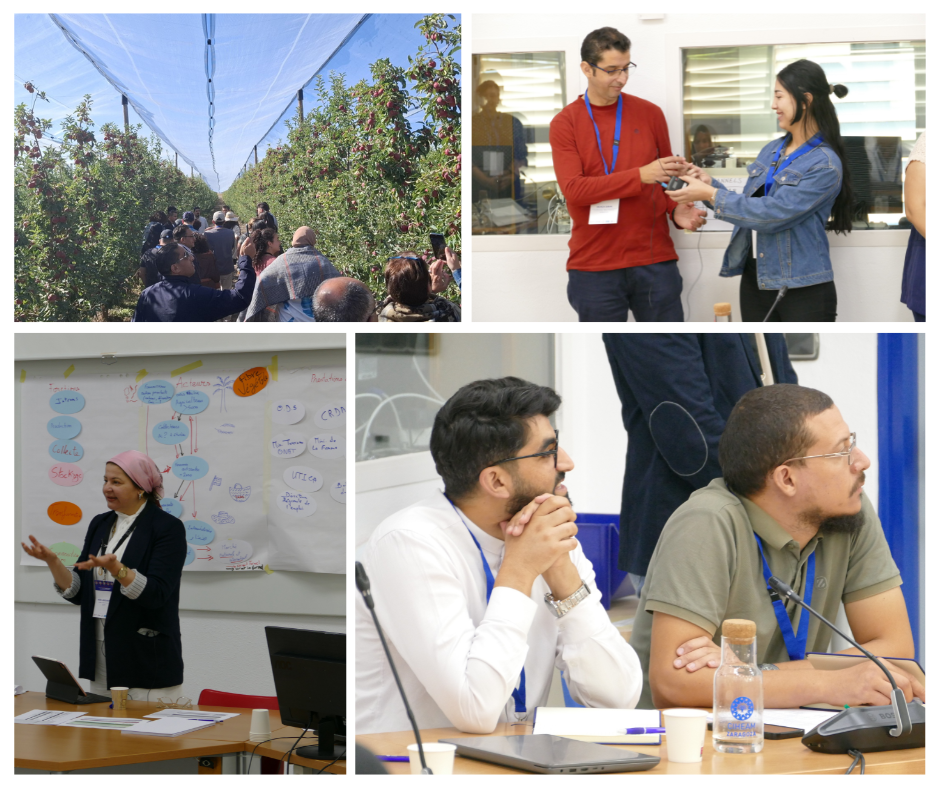
To go further:
- Discover the initiatives of Mubadarat’s partner CSOs : Projets conservation de la nature – MUBADARAT
- Join the MEDAE Network – Mediterranean Multi-Actor Network on Agroecology: Member Benefits – Medae
- Subscribe to the Mubadarat newsletter to receive the latest news and training opportunities: Newsletter – MUBADARAT

